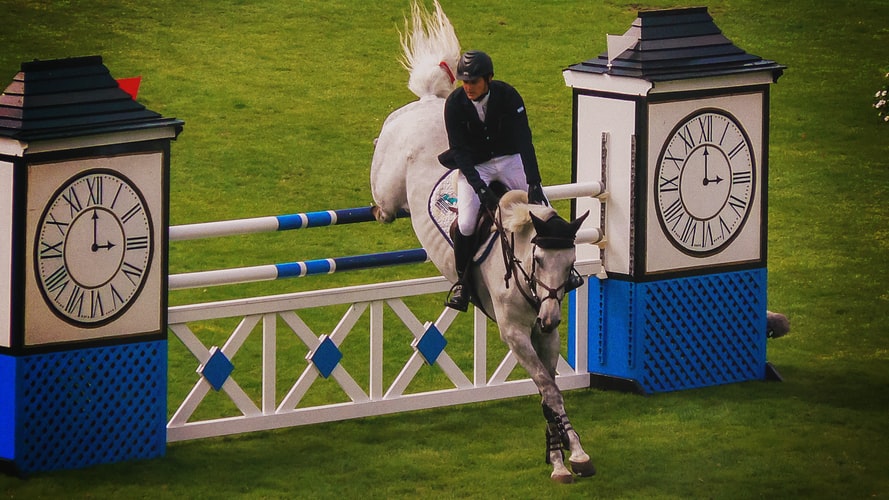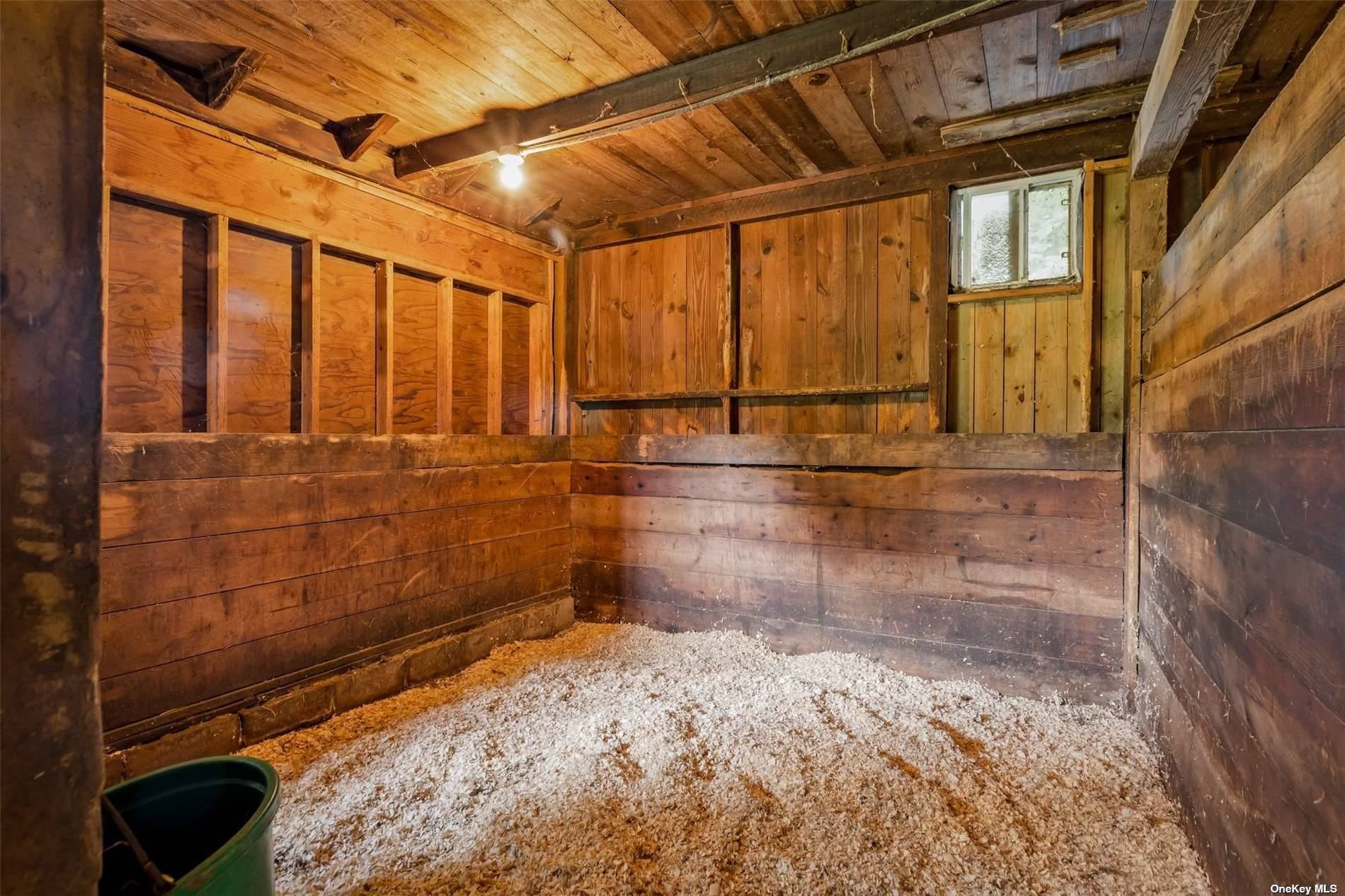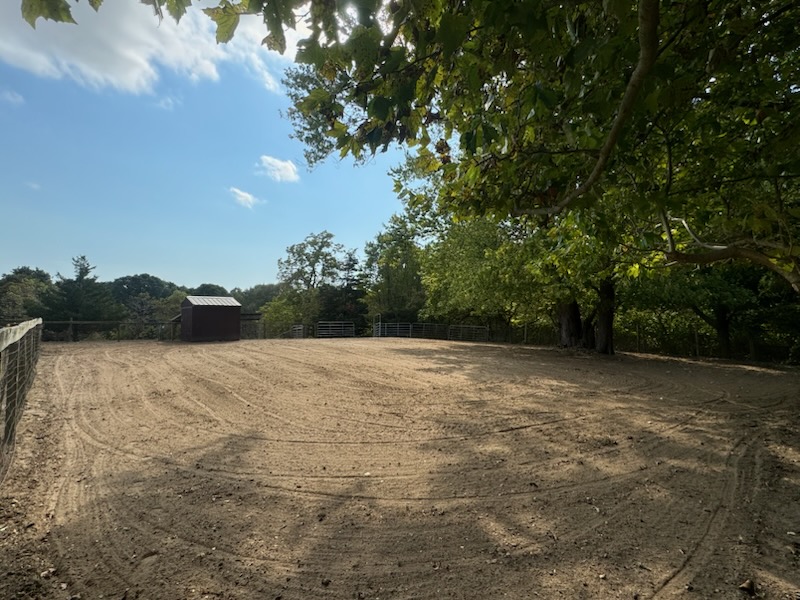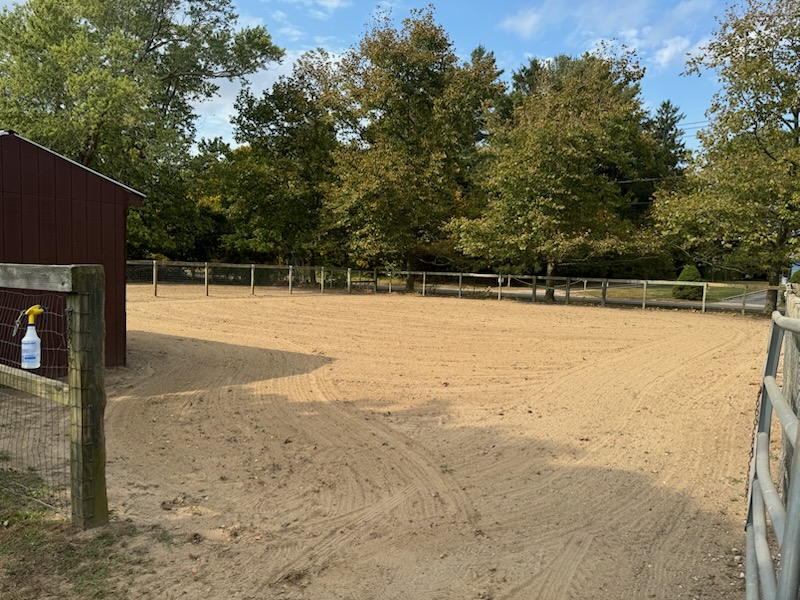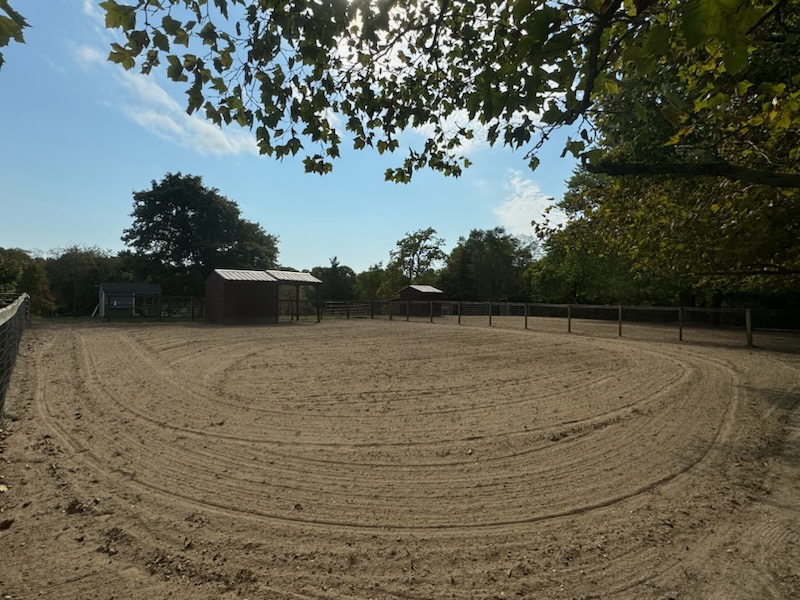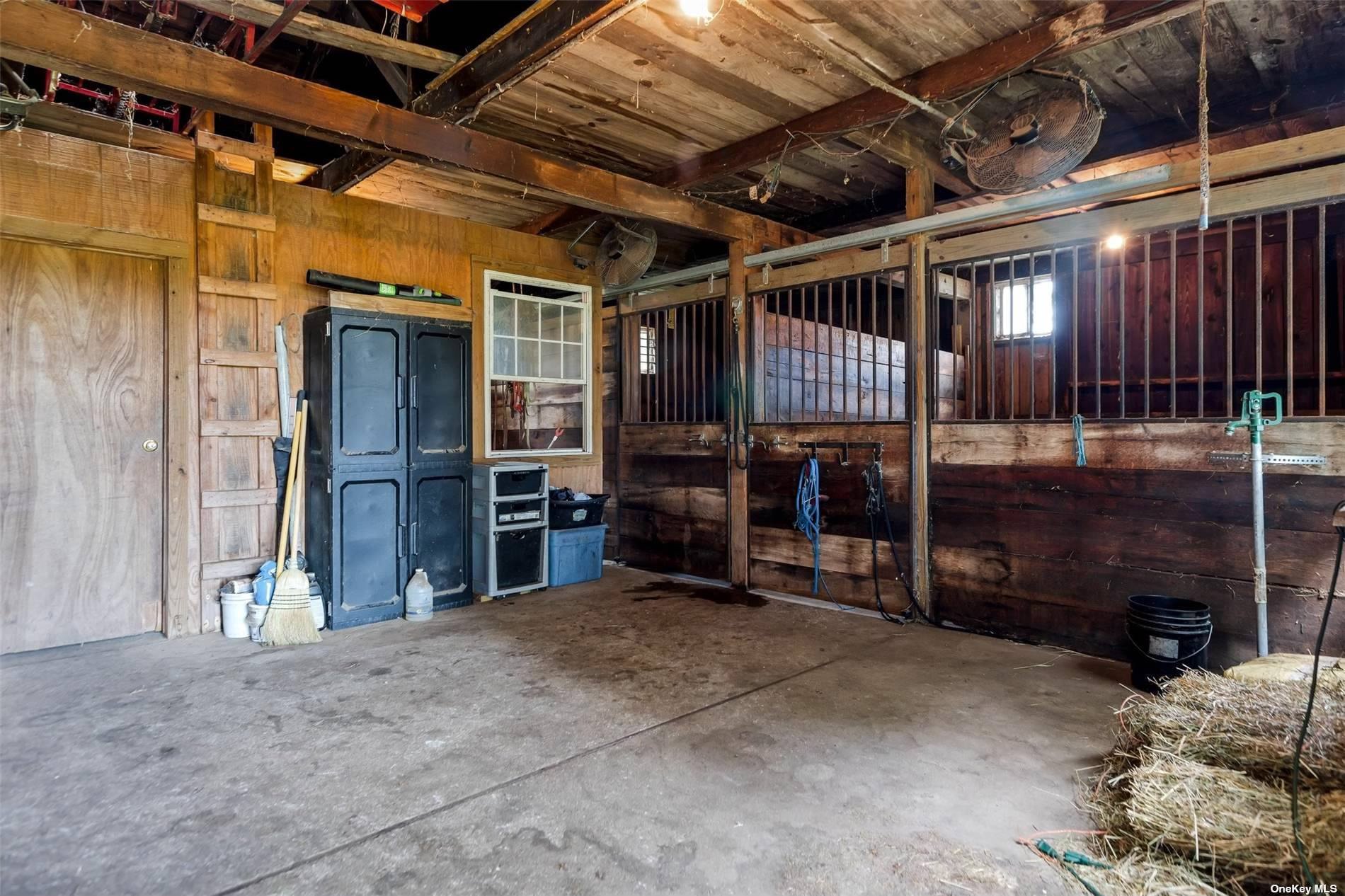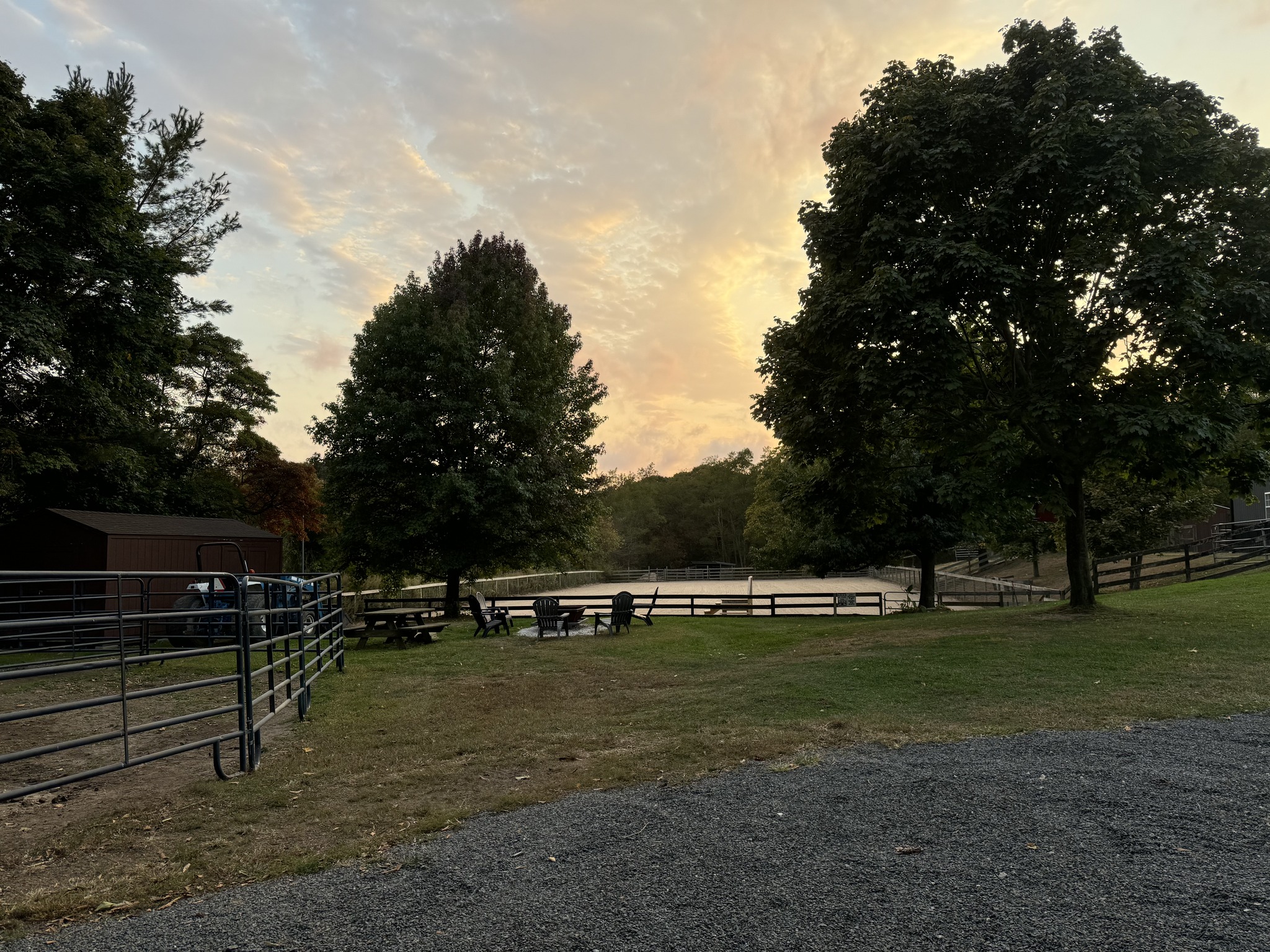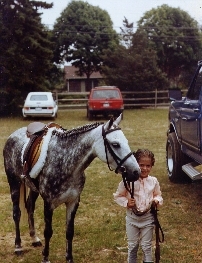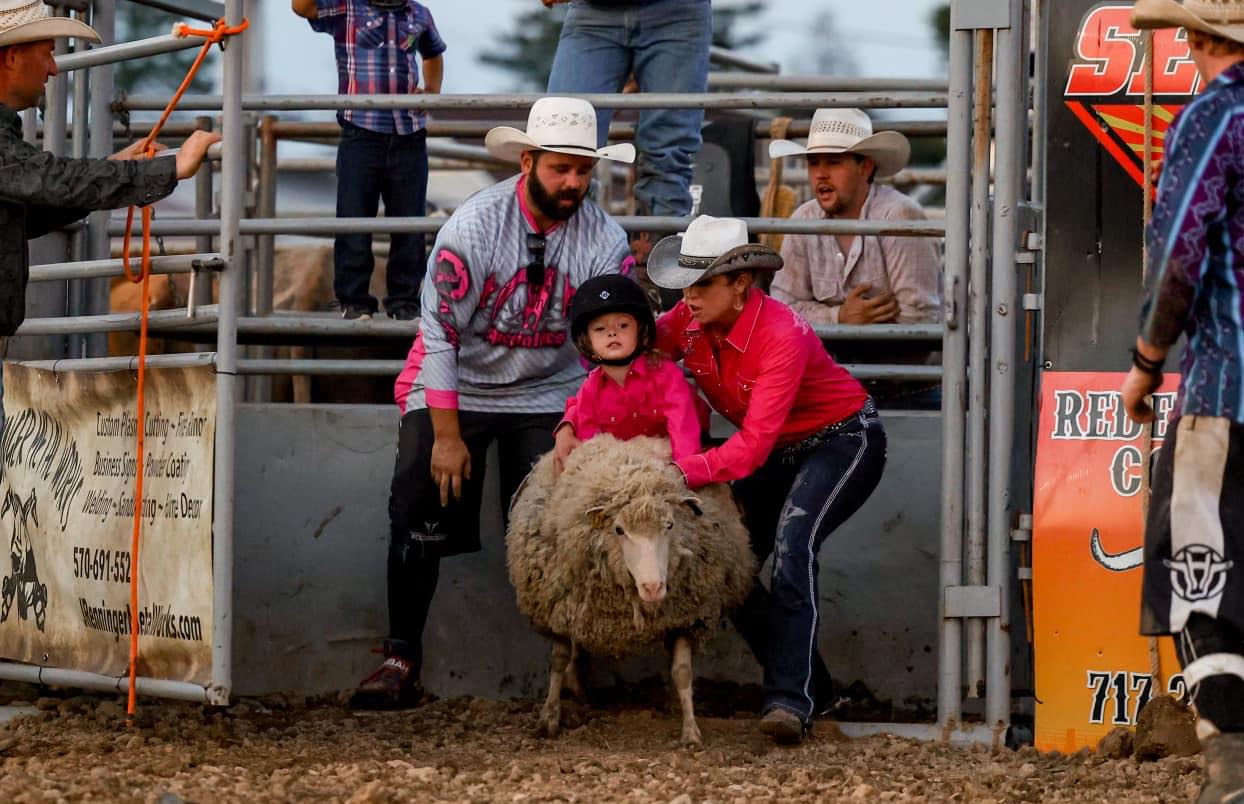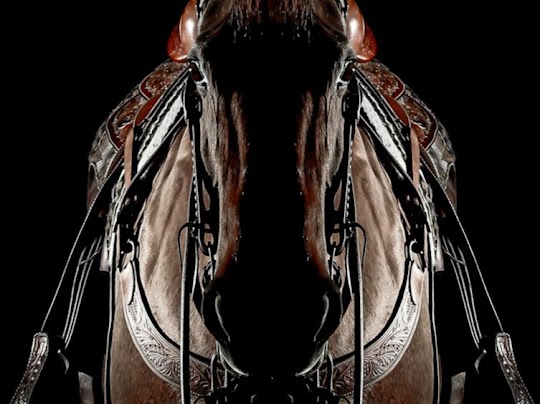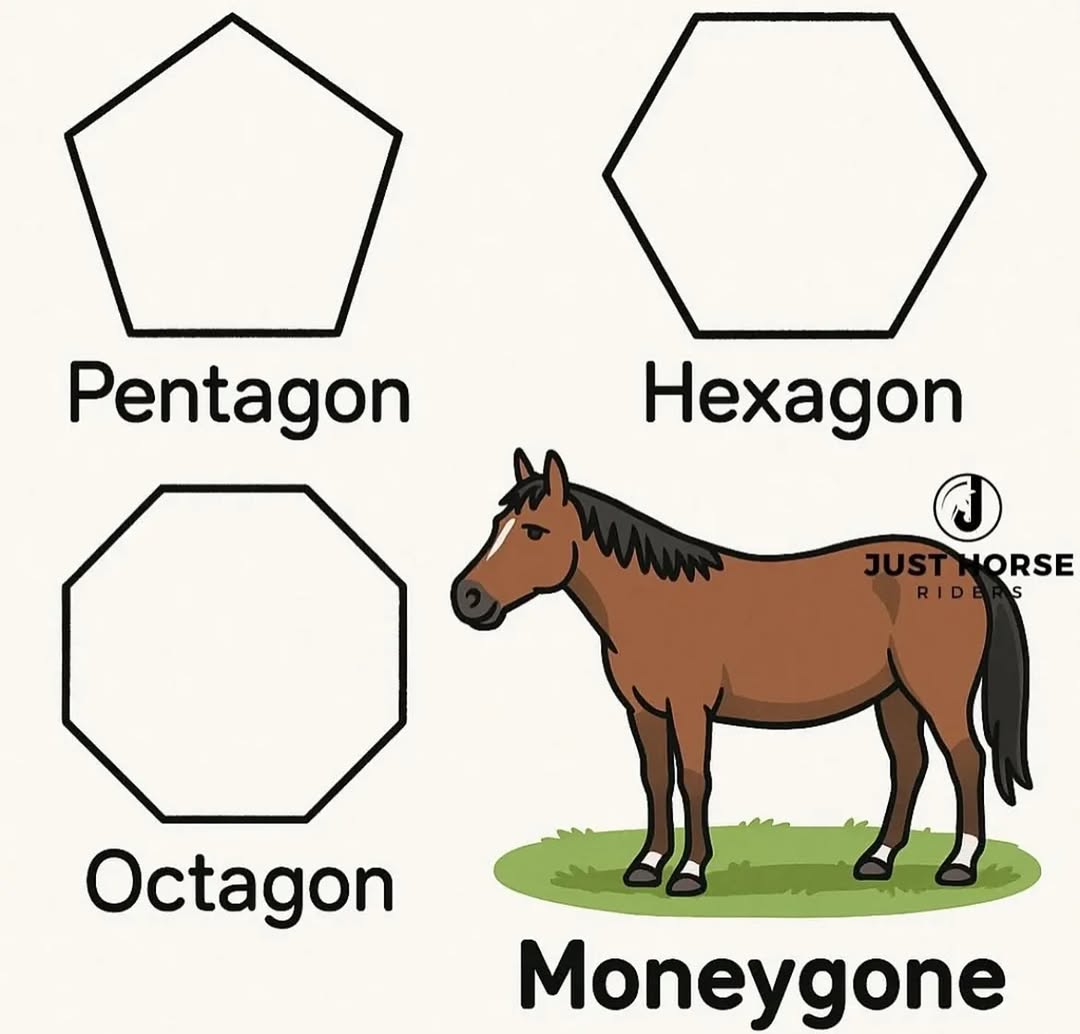All Category
- LI EQUINE Price Chart OVER 10,000 HORSE AND DOG PEOPLE ON THIS EMAIL LIST TO THE NEWSLETTER
Sat Feb 26
Horses Advertisements:
$50 for two months
$70 for three months
$90 for four months
Business Classifieds:
(Tack Shops, Veterinarians, Hay & Feed Supplies, Farriers, Equine Services, Equine Products)
$35 for one month
$90 for three months
$150 for six months
$260 for twelve months
Item/Employment:
$30 for one month
$55 for two months
$150 for six months
Editing of Changing Any Ads: $5
One Time Fee For Links (Including Youtube Links For Horses): $10
Items That Are Under $100 Dollars Can Be Placed In The Bargain Barn Section Of The Message Boards.
Please Do Not Hesitate To Contact Our Office To Assist You With Placing, Renewing, Or Changing Your Ad!
631-979-2965
CLICK HERE TO ADVERTISE WITH US

- FEATURED HORSE PROPERTIES 2/6/26
Sat Feb 26Horse Properties - Featured Listing
- Amaganset, 11930, Has Barn, Lot Size: 10.06 Acres
- Bohemia, 11716, Lot Size: 0.95 Acres
- Calverton, 11933, Has Barn, Lot Size: 19.90 Acres
- Central Islip, 11722, Has Barn, Lot Size: 0.45 Acres
- Cold Spring Hrbr, 11724, Lot Size: 3.82 Acres
- E. Quogue, 11942, Lot Size: 1.38 Acres
- E. Setauket, 11733, Has Barn, Lot Size: 1.80 Acres
- Head Of Harbor, 11780, Lot Size: 2.05 Acres
- Head Of Harbor, 11780, Lot Size: 3.90 Acres
- Huntington, 11743, Lot Size: 2.02 Acres
- Manorville, 11949, Lot Size: 1.26 Acres
- Manorville, 11949, Has Barn, Lot Size: 8.00 Acres
- Mattituck, 11952, Lot Size: 4.72 Acres
- Medford, 11763, Has Barn, Lot Size: 2.69 Acres
- Middle Island, 11953, Has Barn, Lot Size: 0.92 Acres
- Mt. Sinai, 11766, Has Barn, Lot Size: 1.41 Acres
- Nissequogue, 11780, Lot Size: 2.49 Acres
- Northport, 11768, Lot Size: 2.20 Acres
- Northport, 11768, Lot Size: 2.40 Acres
- Orient, 11957, Has Barn, Lot Size: 2.85 Acres
- Quogue, 11959, Has Barn, Lot Size: 1.98 Acres
- Setauket, 11733, Lot Size: 2.76 Acres
- Southampton, 11968, Lot Size: 2.54 Acres
- Southold, 11971, Lot Size: 2.29 Acres
- Southold, 11971, Lot Size: 2.11 Acres
- Southold, 11971, Has Barn, Lot Size: 1.75 Acres
- St. James, 11780, Has Barn, Lot Size: 1.25 Acres
Advertisements

- Beautiful Barn for Rent in Calverton
Fri Feb 26Beautiful Barn for Rent in Calverton
Barn run in sheds enormous riding ring, center isle barn, horse trailer parking.
$1,000 for barn.
631-979-2965
 Has Barn
Has Barn
- LIL Bits Farm Horses for Lease & Sale Show to trail horses SAFE HORSES
Fri Feb 26Lil Bits Farm
Safe and reliable horses & ponies for lease,
half lease and for sale.
Come try our sale horses Rain or Shine in our Indoor
Contact:
Jenny Guzzi 631-767-5517
"I have your dream horse!"

- Handy List of Local Horse People with Business we can use!
Fri Feb 26- If you are a local horse person and want to be on this list, please email us at office@lihorseproperties.com. This is only for horse people-owned companies. If you wish to include links to a website related to your business, please send the link as well.
631-612-7762
Specialization in Farming Needs
Farm Fencing
Aviary Build / Construct
Water Hydrants
Electric
Ground Leveling
Land Clearing
Dumpster Rentals for Manure or Other Needs


Looking for one agent to train to sell properties
Fri Feb 26Long Island Horse Properties,
We are looking for one full-time person to train to sell properties. Fun job best time to train is in winter, you can be ready for the spring selling season. Must be very good on a computer.
Call or text Sharyn
631-902-0342

Remember Me Rescue NY- Dogs up for Adoption!
Fri Feb 26Please give these dogs a great home!
Call Remember Me Rescue 310-623-0463

